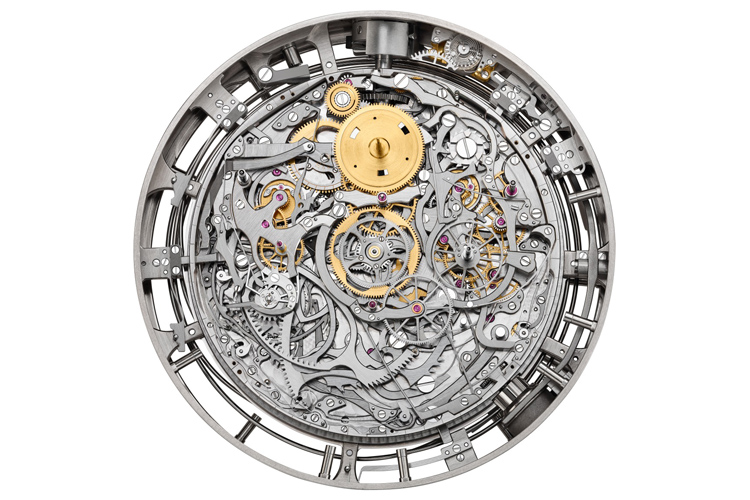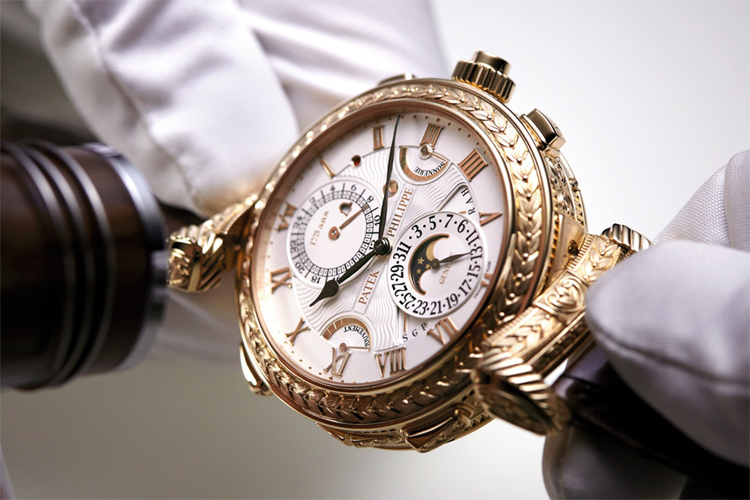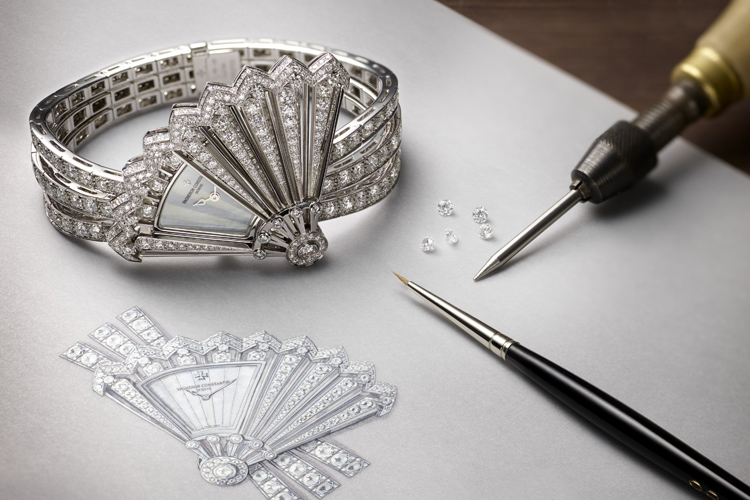Everyone grew up hearing that if you’re buying a high-end watch, then it should be made in Switzerland. So why have Swiss watchmakers kept their credibility intact through time?
Why do Swiss watchmakers produce the best watches in the world? What have they learned? Why are Swiss timepieces so accurate? Why has the Swiss watchmaking industry been so active since the 16th century?
Specialization is one of the strongest reasons why men from the Jura mountains began building high-quality wristwatches. Even if their popularity only gained wings in the early 20th century.
For the Swiss, timekeeping is an art form. And it is easy to understand why.
But reputation isn’t built in a day. Their fine mechanical skills evolved through time, and their knowledge was sedimented as decades passed by.
Simple movements became common complications, and several complications transformed into “grand complications.”
Horology, the science of watches and clocks, owes a lot to Swiss artisans.
Today, the world’s most complicated wristwatch movements feature over 30 complications. And, most of the time, you’ll find a Swiss expert behind them.
Products and works of art are made to be bought and to be seen.
Watches are part of the game. They’re carefully manufactured with a rational purpose – the marketplace.
Timepieces are made to be sold, even if in the context of an ultra-limited edition.

Swiss Watches Tick All Boxes
The Swiss watch industry wouldn’t grow a worldwide reputation without those who effectively sell watches.
The brand managers, the jewelry stores, and the financial muscle led by the commercial cities of Genève and Basel all boost the product’s fame and prestige.
Swiss watches tick all boxes: aesthetics, performance, design, weight, technology, component quality, notoriety, innovation, precision, elegance, and metalsmithing.
Swiss watchmakers developed unique in-house movements and bullet-proof cases and added an inimitable seal – “Swiss Made.”
There are dozens of Swiss watch companies, but not all have reached the heights of Vacheron Constantin, Patek Philippe, Breguet, Audemars Piguet, Jaeger-LeCoultre, Blancpain, Ulysee Nardin, Piaget, IWC, and Franck Muller.
The techniques, the mechanical knowledge, and the global expertise accumulated across multiple generations of watchmaking families have also contributed to creating iconic dreams which resisted the test of time.
Swiss watches have also broken all records and superlatives.
They are the thinnest, the thickest, the most precise, the largest, the priciest, and the most advanced, combining obstacles and challenges with perseverance, refinement, and development.

A Connection to Fine Jewelry
Watches made in Switzerland learned how to talk to jewelry and gemstones, embedding delicate and minuscule jewels and minerals in their finest creations.
Many feared that quartz crystals and electronics would kill Swiss watchmaking.
They didn’t, and they won’t, as long as brands learn to adapt to the rapid changes in the segment and in the world of apps, mobile devices, and computers.
One of the routes to success is blending the old with the new, selling exclusive, luxury limited editions, and joining the smartwatch movement with the power of their brands and logos.
The land of the Red Cross, cheese, chocolate, and lakes would not be the same without their hours, minutes, and seconds.




